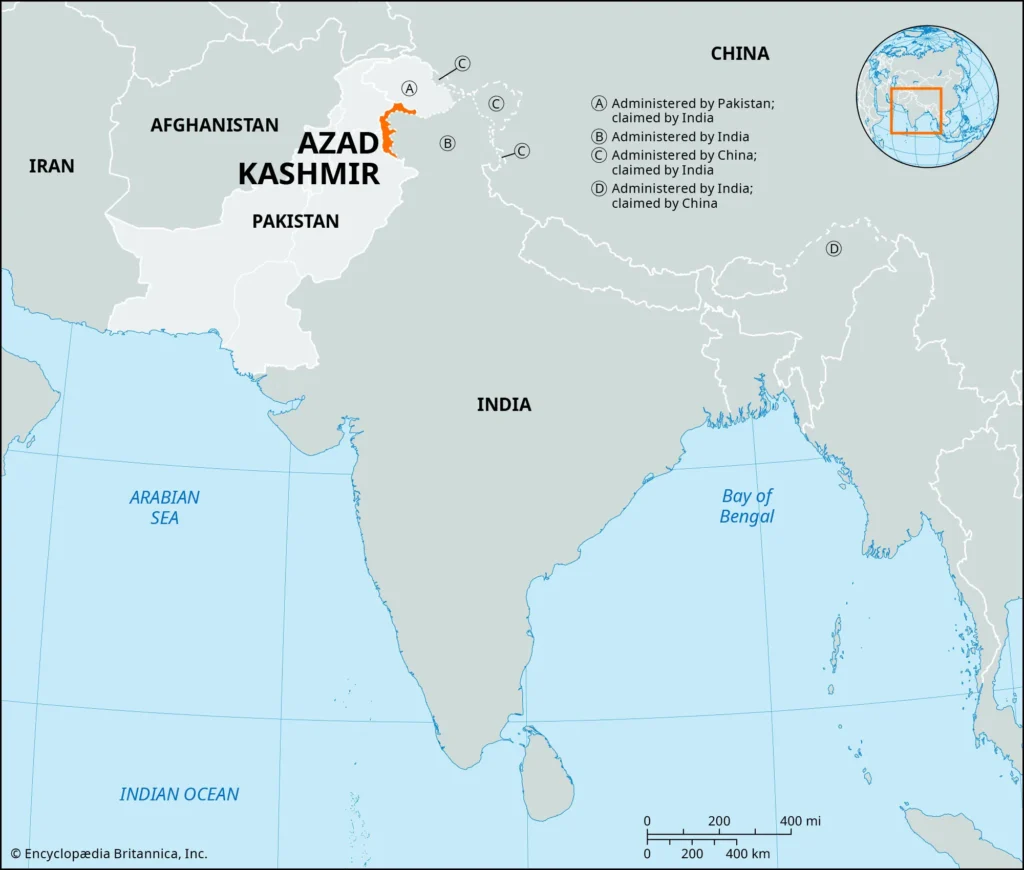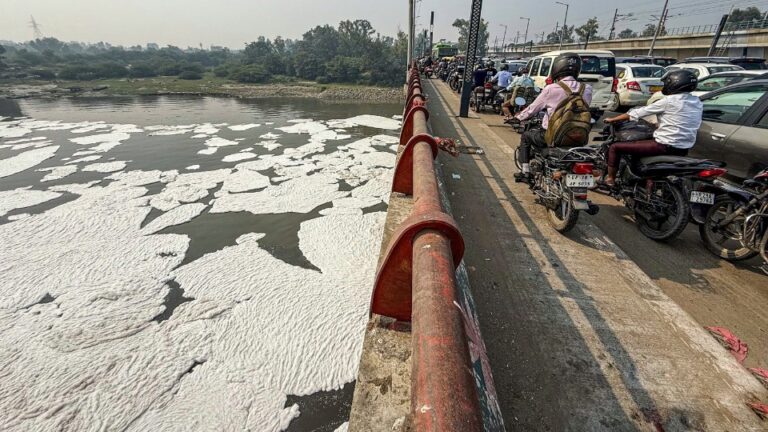The Kashmir dispute has long been a source of conflict between India and Pakistan. While it’s often seen through the lens of religion or politics, the deeper reasons behind why Pakistan wants Kashmir are rooted in geopolitics, natural resources, and strategic dominance.
Is Pakistan Capable of Managing Itself, Let Alone Kashmir?
Before diving into why Pakistan wants Kashmir, it’s essential to assess whether Pakistan is even capable of managing such a sensitive region:

- Economic Collapse: Severe dollar shortage, rising inflation, unemployment, and over-reliance on the IMF.
- Political Instability: The arrest of Imran Khan, public discontent against the military, and unstable governance.
- Internal Terrorism: Threats from TTP (Tehrik-e-Taliban Pakistan) and Baloch separatists have created security chaos.
- Foreign Debt: Pakistan is under massive debt from China, Saudi Arabia, and global financial institutions.
Given these challenges, it raises a critical question: Even if Pakistan gains Kashmir, can it actually govern it?
What Makes Kashmir So Valuable?
Now let’s uncover the real reasons why Pakistan wants Kashmir — and it’s far more than just religion or territorial claims.
Key Natural Resources in Kashmir:
| Resource | Strategic Importance |
|---|---|
| Water | Major rivers like Jhelum, Chenab, and Indus originate in Kashmir. Vital for agriculture and hydroelectric power. |
| Chromite | Crucial for steel production and military-grade equipment. |
| Borate | Used in glass, ceramics, and agriculture chemicals. |
| Rare Earth Elements (REEs) | Critical for electronics, satellites, EVs, and guided missiles. |
| Apples, Saffron, Walnuts | High-value agricultural exports. |
| Potential Uranium | Especially in Gilgit-Baltistan, though not yet confirmed. |
Advertisment

Could Another Country Be Fueling Pakistan’s Kashmir Agenda?
There’s increasing speculation that Pakistan isn’t acting alone. So who could benefit from keeping the Kashmir conflict alive?
China:
- CPEC (China-Pakistan Economic Corridor) runs through Pakistan-occupied Kashmir (PoK).
- China sees a divided India as strategically favorable.
- China dominates global rare earth supplies and might see Kashmir as another source.
Turkey:
- Actively supports Pakistan on Kashmir in a bid to lead the Muslim world diplomatically.
OIC (Organization of Islamic Cooperation):
- Many member countries offer diplomatic backing to Pakistan, giving it global leverage.
Internal Distraction:
Pakistan’s military and intelligence (ISI) often use the “Kashmir card” to divert public attention from domestic failures and maintain national unity.
India’s Stand on the Issue
India firmly states that Jammu and Kashmir is an integral part of India, especially after the revocation of Article 370. According to India, the Kashmir issue is not open for international discussion — it’s an internal matter.
India also believes that Pakistan keeps the issue alive to gain global sympathy and political mileage, while avoiding focus on its own failing systems.
Final Thoughts: Why Pakistan Wants Kashmir Isn’t What It Seems
At face value, why Pakistan wants Kashmir might seem like a religious or political question. But beneath the surface, it’s about:

- Controlling water resources
- Gaining access to rare and strategic minerals
- Regional dominance and defense advantages
- Economic potential in agriculture and tourism
And while Pakistan continues to push the Kashmir narrative internationally, its own house remains in disorder. Even if it were to somehow gain control over Kashmir — which is highly unlikely — it would struggle to govern it.



